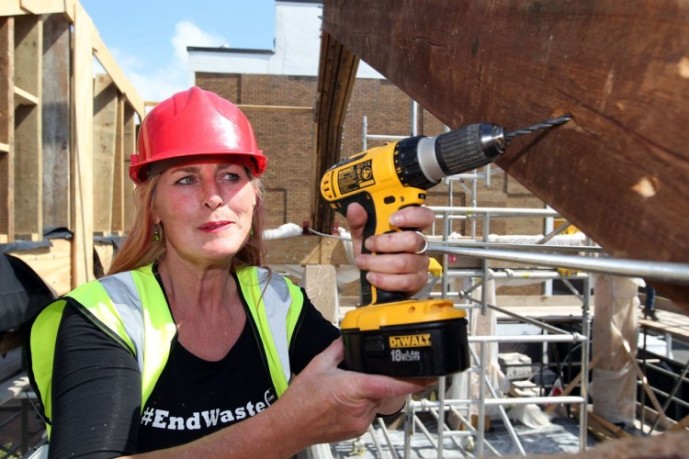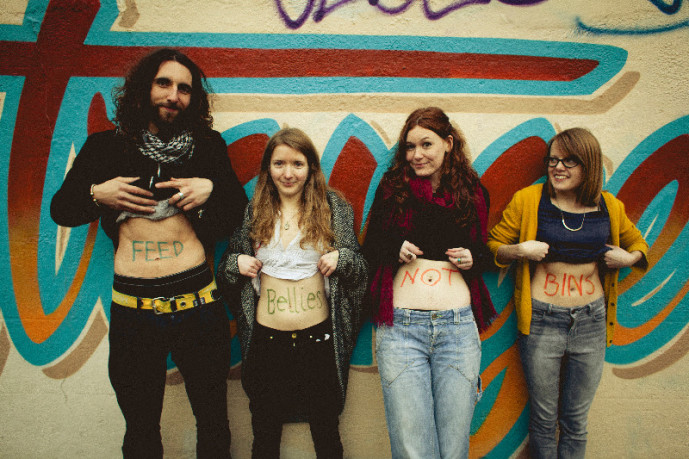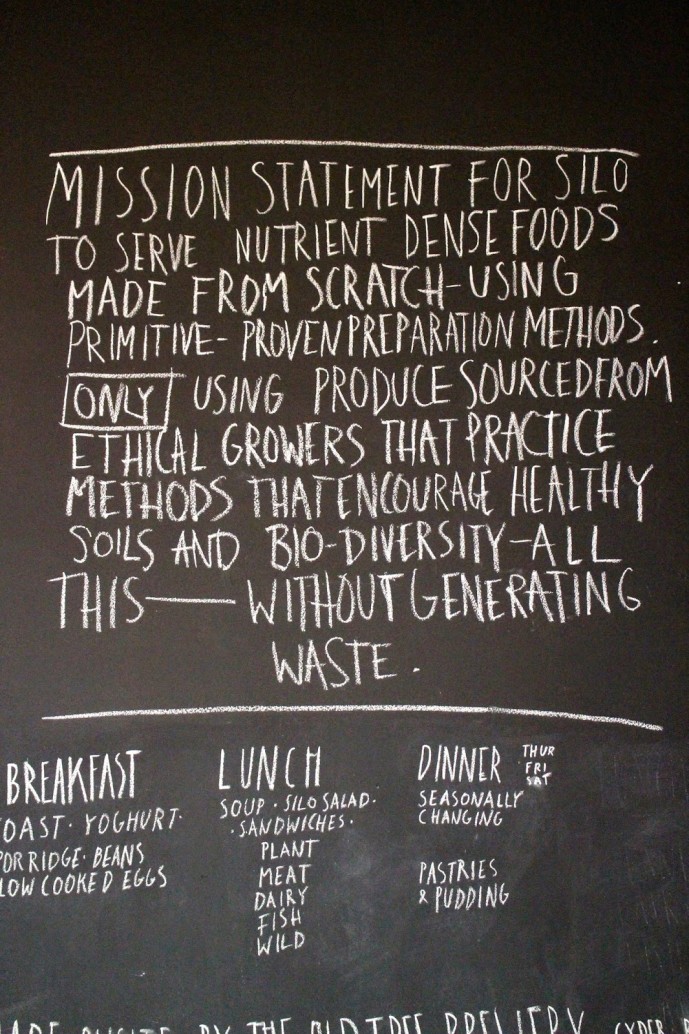As part of this months waste theme for our C-Side Challenge, we spoke to Sarah Betts, a Director of the inspirational Real Junk Food Project. In the UK, 15 Million tonnes of perfectly edible food ends up in landfill each year, some of it before even reaching the supermarket shelves.
What is the inspiration behind the Real Junk Food Project?
We started the cafe in February after hatching the idea in November 2014. We have been able to hire the One Church Cafe on Fridays to cook intercepted food and serve it on a Pay as You Feel basis, opening between 1.00-3.00.
The aim has been to feed people who are in food poverty. We have over 200 amazing volunteer supporters behind us. Our volunteers not only help to intercept food that would otherwise go to landfill, but also weigh, prepare and cook the food. Some food cannot be reused and what we cant keep, or leftovers, are composted using Silo’s industrial composter. We have a lot of compost looking for good homes too.
The project has been brilliant at connecting people within the community, and some of our volunteers who have been out of work or feeling isolated, have developed new skills, confidence and new friendships, from working on the Real Junk Food Project.
How do you feel about food waste.
What is difficult to tackle are public attitudes towards food waste. For instance at a supermarket, if one item in a netted bag of oranges has a small blemish, the whole bag will be discarded. Another issue are perceptions towards the uniformity of food, in that non-uniform vegetables will be discarded based on size or shape. Some supermarkets have a big surplus and negotiating our way around food legislation can be tricky. You cant sell waste food, which is why we developed the Pay-as-You-Feel concept.
We work closely with a large local supermarket, wholesalers, farmers and grocers from whom we collect edible food destined for landfill. Since February we have diverted 7,812 kilos of food and turned this into meals to feed 3,500 people.
What has held us back has been storage space for our intercepted food, so if anyone has spare storage space we can use we would love to hear from you. We have successfully crowdfunded for some shipping containers and once we have secured a premises later on in the year, we will open 7 days a week to tackle food waste and food poverty across the city.
What lessons can we learn?
We have as a team put in a lot of hard work, and learnt a lot negotiating the hurdles that we have come across. Our inspiration is to take the power back and help people and create hope. As we launch our second Pay as You Feel Cafe in Hollingdean and our plans for a Dedicated Real Junk Food Café, we feel we are achieving this.
We will soon be able to host workshops and provide local community projects and artists with a space to showcase their work. We will also be giving talks in schools to educate children about food waste and would like to explore ideas around the Gift Economy which places more value on people, their time and effort.
If you can offer space for the Real Junk Food project to store food, want free compost or could volunteer, then please This email address is being protected from spambots. You need JavaScript enabled to view it.. (This email address is being protected from spambots. You need JavaScript enabled to view it.) Or you can help by making a donation. For more see Facebook or Twitter.




